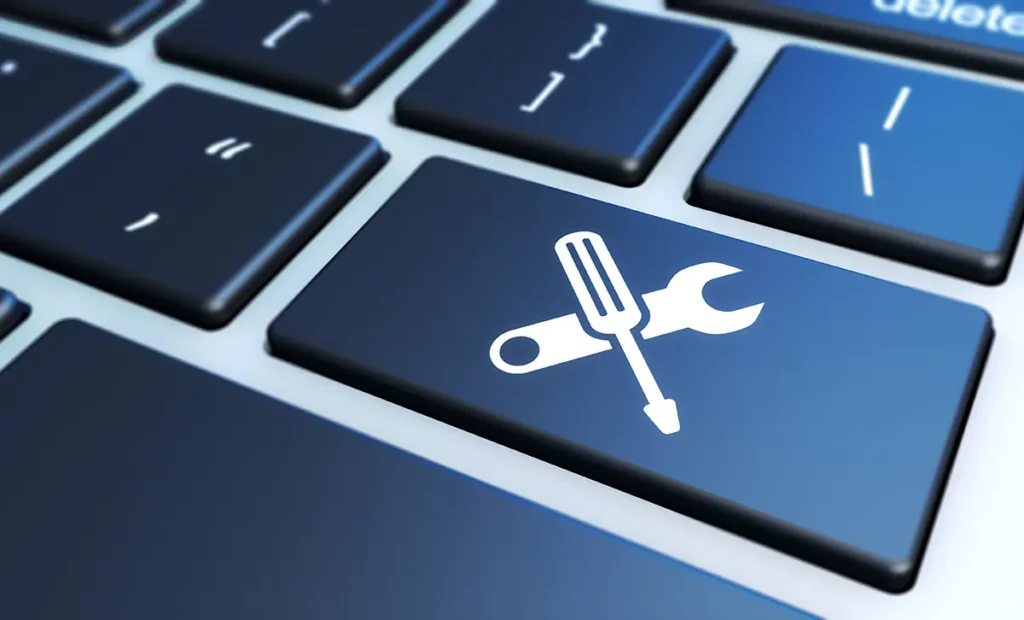No products in the cart.
A cloud-based Point of Sale system operates and syncs your data on a cloud server. This robust technology has revolutionised the way businesses manage their daily processes. Yet, there are many myths and misconceptions surrounding them that cause some hesitancy about investing in one.
However it’s important for business owners to understand what cloud POS can do and its benefits. Why? They offer you unlimited access to your data from anywhere. On the go? Just open your phone and check up on your outlets.
But WAIT! Have you read Part 1 of this series where we debunk myths about POS systems? Go check it out and then come back here for more mythbusting!
Now, onto debunking 5 of the most common cloud POS myths!
Contents hide
5 Cloud POS System Myths: Debunked
Myth #1. There’s not much difference between Legacy POS and cloud POS systems.
Are legacy systems and cloud systems all that different? Yes, in fact!
Legacy POS systems store data on local servers, run on closed networks and can only be accessed on one single device.
Cloud POS systems store data on the cloud, run on Internet connections and can be accessed on any device.
Cloud systems can also be extremely beneficial if you have multiple outlets because they can sync data from multiple outlets all in one place. This eliminates any need to manually visit each outlet to view your data; instead, you can use any device, anywhere, anytime.
If you’re still unsure about either, there are also hybrid POS systems that store data on both the cloud and a local server. It’s the best of both worlds!
Read The Dummies Guide to POS Systems, Vol 1 to learn more about the differences between legacy and cloud POS systems.
Myth #2. Migrating to the cloud from paper and pen is too difficult.
Many smaller businesses still use pen and paper to record their sales and business processes. When they invest in a POS system later, it may seem like a challenge to migrate all of that data into the system. And we’re not going to lie to you, transferring all of your data can be a process, but thanks to advancements in technology, it’s a much easier one!
To transfer from paper, the data must be scanned. Then using software like Adobe, the scanned images can be digitised into readable data, which is then transposed into Excel. It’s quite simple!
If your data is not on paper, but on another POS system, don’t worry! You can transfer your data to another system infrastructure easily. The process is quite simple: extract your data from the other system into pdf format, then process it into Excel data. This data is then saved in the cloud on your new POS system.
And some POS vendors will help you out with this process! For example, EPOS will help you set up your new POS system and migrate your data so you’re all set to start.
Myth #3. A cloud POS system is less secure.

The biggest concern for most people is security. Is my data secure? Can it be breached or stolen? People think they are safer with their data saved on local servers. However, often, on-premise servers store unencrypted, sensitive data for long periods of time.
Cloud-based POS systems, on the other hand, are completely secure and protected. Data from the POS system is immediately encrypted and sent to a separate secure network to be stored. This means that you have a lower risk of on-site data breaches and subsequent company liability, but the secure cloud server also continuously monitors for any suspicious activity.
Myth #4. Cloud POS systems will stop working if the Wi-Fi goes down.
Yes, it is true that cloud POS systems rely on the Internet to have access to all of the benefits; however, a Wi-Fi connection is not always necessary to utilise all of the features. Most cloud-based systems nowadays have a built-in offline mode functionality which means your business can keep on running even without an Internet connection.
In the case of your Wi-Fi going down, your cloud POS system will recognise that the connection has been lost and switch to offline mode. Thereafter, you can run your business, process sales and record customer information. Once the Wi-Fi reconnects, all of the data will automatically sync to the cloud, so you don’t have to worry!
Myth #5. Cloud POS systems require too much maintenance.

Cloud POS systems are actually easier to maintain than traditional POs systems. Let’s take a look at traditional, or Legacy, systems first. They are often more expensive than cloud POS systems, get outdated and require costly updates and maintenance charges. In the case of outdated or broken software, it can be difficult or very expensive to find someone to fix your POS system for you. And if the system fails, data recovery is near impossible.
Whereas, cloud POS systems get regularly updated to the latest software version, eliminating the need to manually update it. Instead, updates can be scheduled, and you have access to regular performance enhances and bug fixes. If you require additional POS enhancements, you can also easily add extra features as you require them without needing to overhaul the entire system.
Conclusion
Take your business to greater heights with a cloud-based POS system. With benefits like improved processes, reduced errors, efficient data synchronisation and increased staff productivity, you can grow your business, all from one point.
Want to learn more about cloud POS systems? Take a look at some of our other articles!
If you’re wondering what the right POS system is for your business, EPOS has got you covered. Sign up for a non-obligatory, free demo to learn more about what we can do for you!
• Written by Adrija Chakravarti
Interested to see what EPOS POS system can do for your business? Fill in your contact details and we’ll reach out to you to schedule a demo!
Was this article helpful?
YesNo






